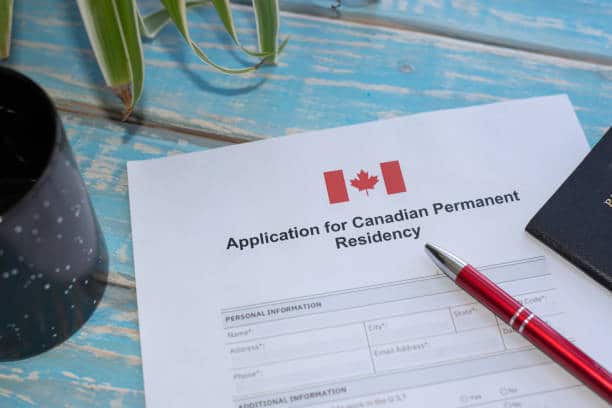
Immigrating to Canada involves understanding a complex array of legal rights and responsibilities. These aspects are crucial for integrating successfully into Canadian society. Immigrants in Canada primarily hold two statuses: Permanent Resident (PR) and Citizenship, each with distinct rights and responsibilities.
Legal Framework and Objectives
Canada’s immigration policies are designed to maximize the social, cultural, and economic benefits of immigration. According to Bill C-11, the Immigration and Refugee Protection Act aims to:
- Enhance Canada’s social, cultural, and economic fabric.
- Respect Canada’s bilingual and multicultural heritage.
- Support minority language communities.
- Foster a robust and prosperous economy.
- Reunite families in Canada.
- Promote the integration of permanent residents, recognizing mutual obligations.
- Facilitate entry for visitors, students, and temporary workers.
- Protect the health, safety, and security of Canadians.
- Uphold international justice and human rights.
- Collaborate with provinces for better recognition of foreign credentials and integration.
Rights and Obligations of Permanent Residents
Permanent Residents (PRs) in Canada enjoy numerous rights, including:
- Social Benefits: PRs receive most social benefits similar to Canadian citizens, including health care coverage.
- Mobility: They can live, work, or study anywhere in Canada.
- Legal Protection: PRs are protected under Canadian law and the Canadian Charter of Rights and Freedoms.
- Pathway to Citizenship: PRs can apply for Canadian citizenship.
However, PRs must adhere to certain responsibilities:
- Taxation: PRs must pay taxes and comply with Canadian laws at all governmental levels.
- Residency Obligation: PRs must reside in Canada for at least 730 days within a five-year period to maintain their status.
Restrictions:
- Vote or run for political office.
- Hold jobs requiring high-level security clearance.
Rights and Responsibilities of Canadian Citizens
Canadian citizens enjoy additional rights, such as:
- Voting Rights: The right to vote in federal, provincial, and municipal elections.
- Political Participation: The right to run for political office.
- Security Clearances: Eligibility to work in jobs requiring high-level security clearances.
- Passport: The right to apply for a Canadian passport.
- Granted entry: Only Canadian Citizens have to be granted entry into Canada, whereas it’s not a right for a PR to be granted entry into Canada
To become a citizen, PRs must meet physical presence requirements, living in Canada for 1,095 days within the five years before applying.
Work Rights and Employer Responsibilities
New immigrants have specific work-related rights:
- Employment Agreement: Employers must provide a signed employment agreement and adhere to its terms.
- Health and Safety: Employers must ensure a safe workplace and cannot compel immigrants to perform unsafe tasks.
- Healthcare: Employers must cover private health insurance costs until immigrants are eligible for provincial or territorial health insurance.
Restrictions:
- Retain passports or work permits.
- Force immigrants to work if they are sick or injured.
- Retaliate against employees for reporting mistreatment or unsafe work conditions.
Access to Social Services and Community Involvement
Several organizations assist immigrants in settling into Canadian society by offering services such as English language training, job search assistance, and social benefits applications. Notable organizations include:
- YMCA Newcomer Information Centre: Provides various settlement services.
- Job Skills: Offers employment-related support.
- Immigrant and Refugee Services: Facilitates integration into local communities.
Community centers play a vital role in helping immigrants integrate by offering diverse programs for all age groups. These centers provide opportunities for socialization, making new friends, and participating in cultural and recreational activities. For example:
- Toronto Community Centers: Managed by volunteer Boards of Management, these centers offer numerous programs.
- Markham Community Centers: Provide extensive programs, including sports, fitness, and social activities.
Understanding the legal rights and responsibilities of immigrants is essential for their successful integration into Canadian society. By leveraging available resources and adhering to legal obligations, immigrants can contribute to and benefit from Canada’s vibrant, multicultural community.






